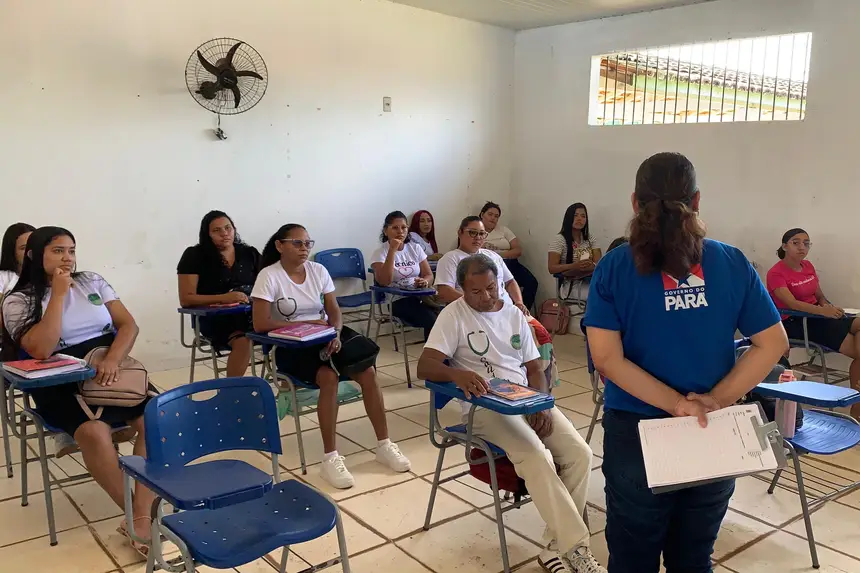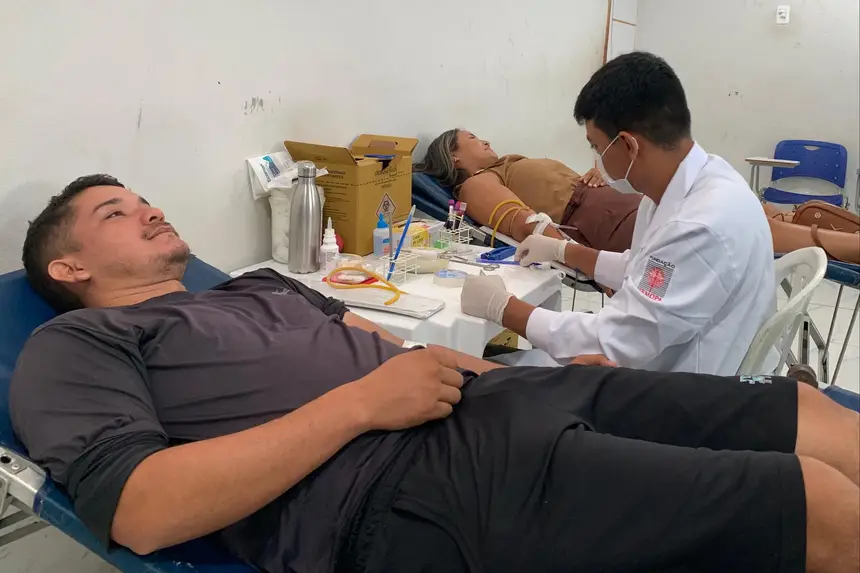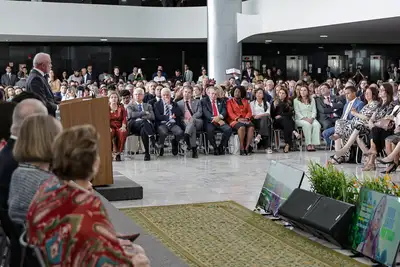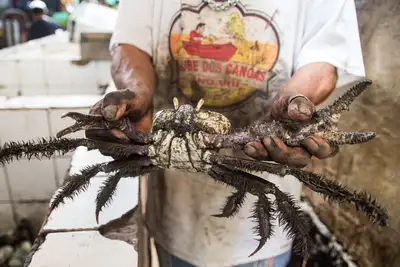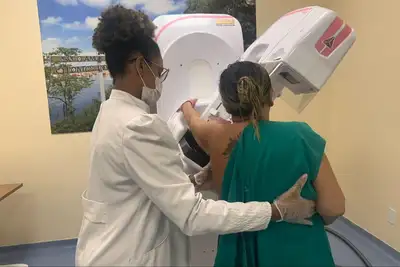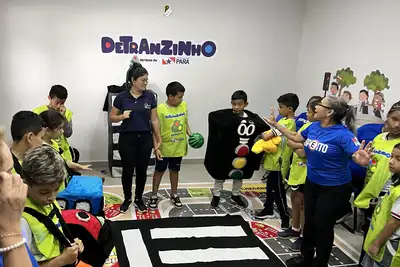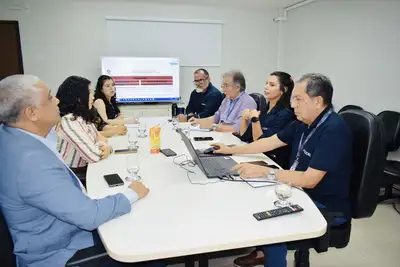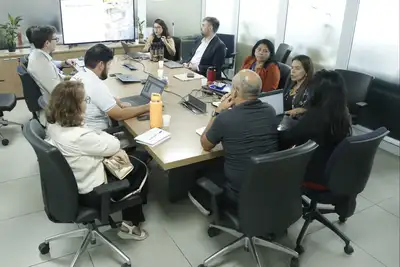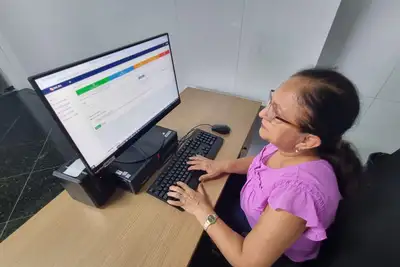Hemopa holds unprecedented blood donation campaign in Santo Antônio do Tauá
Mobilization brought together the community, city hall, religious institutions, gym, companies, and students for the sake of life and residents in general
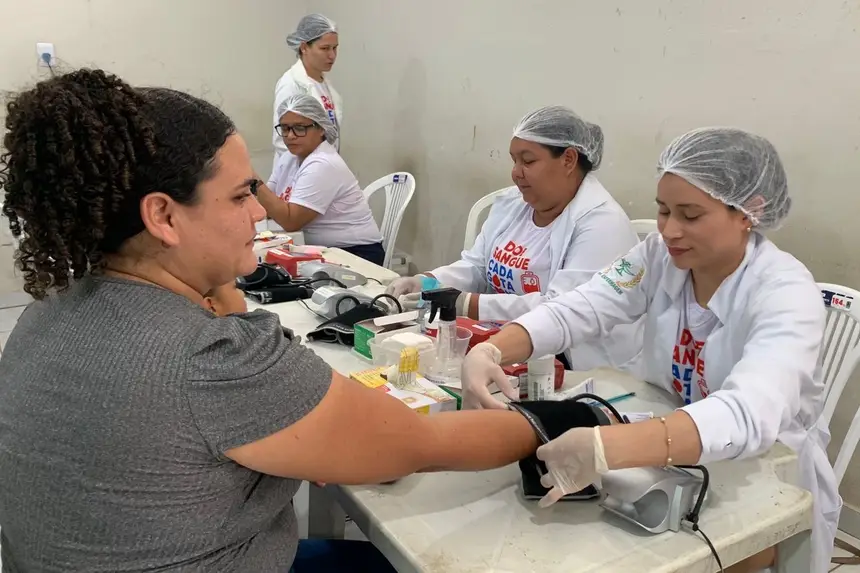
The Pará Center for Hemotherapy and Hematology Foundation (Hemopa), in partnership with the City Hall of Santo Antônio do Tauá, promoted a large blood donation campaign in the municipality this Saturday and Sunday (13 and 14). The action, which for the first time brought Hemopa's structure for an external collection in the city, was held at the Major Cornélio Peixoto Municipal Elementary School (E.M.E.F.), where an exclusive service room was set up to welcome volunteers.
During the two days of mobilization, 249 bags of blood were collected, a quantity sufficient to ensure up to 996 transfusions in the public and private health networks in different regions of Pará.
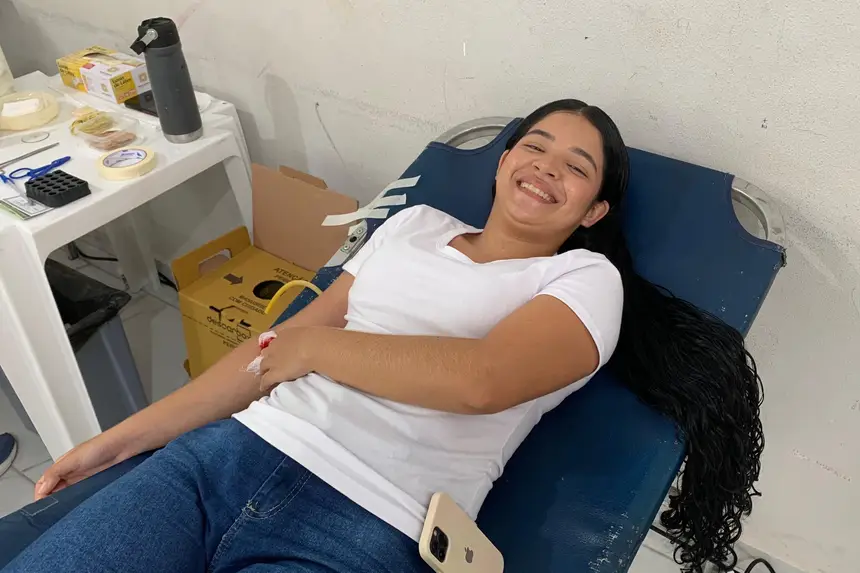
Decentralization and access - According to the social worker of the Donor Recruitment Management (Gecad) of Hemopa, Vanessa Pimentel, the main objective was to expand the institution's reach. “The goal is to enable the participation of residents from municipalities that still do not have a Hemopa unit,” she explained.
The strategy integrates the actions of the state blood network, which maintains fixed units in strategic municipalities and, at the same time, conducts external campaigns in locations where there is still no blood center or hemonucleus. The model ensures decentralization and strengthens the culture of voluntary donation.
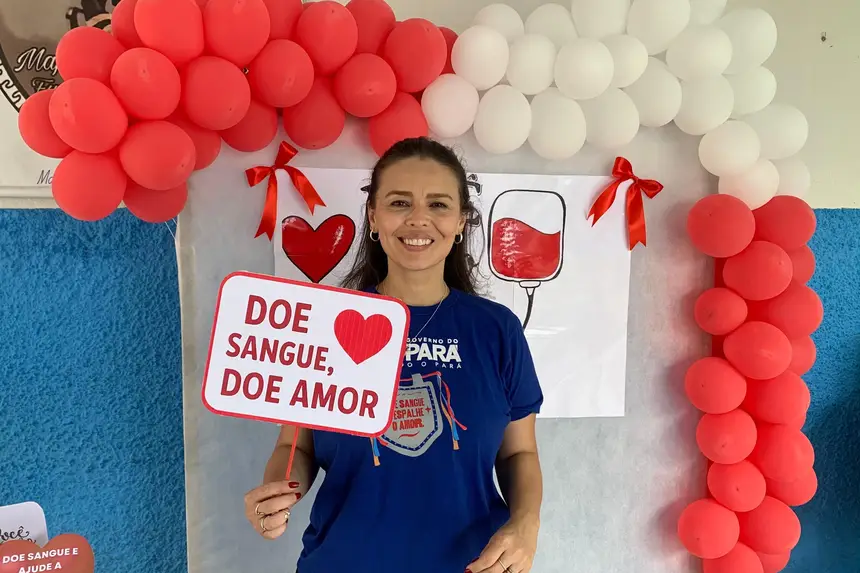
The mayor of Santo Antônio do Tauá, Rodrigo Amorim, emphasized the engagement of the local population. “This partnership represents a great alliance for humanity. We mobilized public servants, companies, and the community in general to encourage donations, and the expectation is to exceed the initial goal of 140 volunteers,” he stated.
In addition to the structure set up by Hemopa and the city hall's efforts, the mobilization also brought together various social segments. The caravan of the Adventurers from the Adventist Church of Santo Antônio do Tauá, athletes from the Matilha-Team Academy, and collaborators from the company Be8 were present, joining the volunteers in a collective gesture of solidarity.
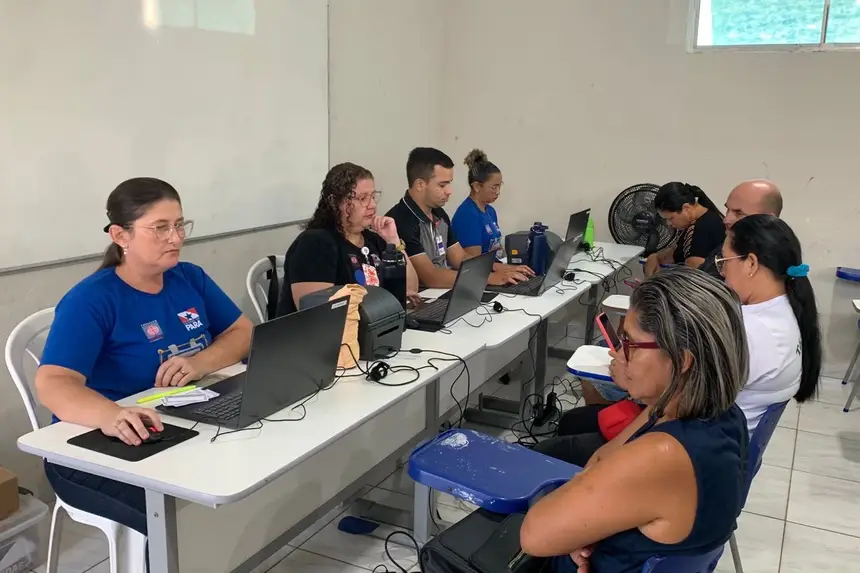
Health education - The program also included educational activities. The social worker of Gecad, Lílian Bouth, gave a lecture to students of the technical nursing course of the Professional Nursing Training System (Sicapen), a partner of the initiative. “They become multipliers of the idea of blood donation as a social responsibility, carrying this commitment into their professional lives,” she highlighted.
The educational work also involved the distribution of informative material, with guidelines on blood donation and bone marrow registration, so that students could share the information in their internship locations and communities.
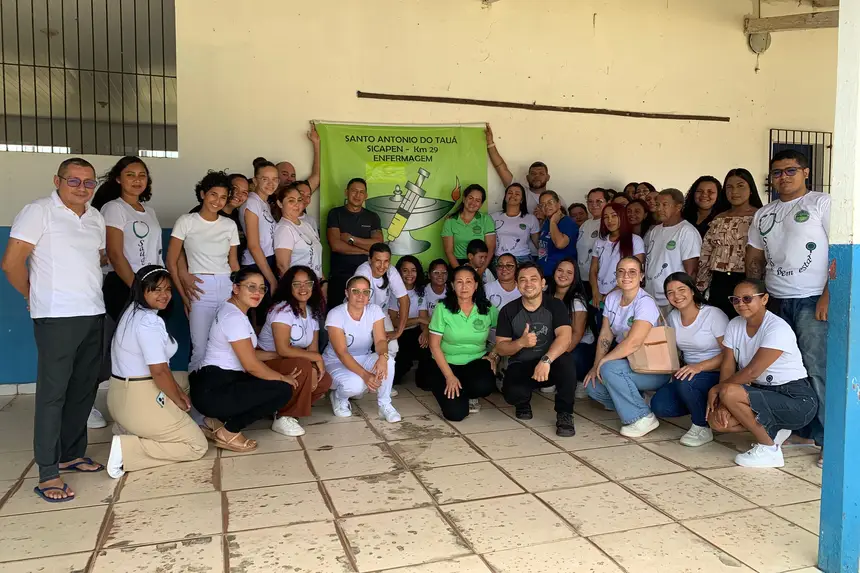
For those who participated, the campaign was marked by emotion. Nursing technical student Ana Carolina donated blood for the first time and highlighted the importance of the gesture. “Knowing that my blood can save lives is an act of solidarity and love for others. I feel proud to see this mobilization happening in my city,” she said.
With this unprecedented action in Santo Antônio do Tauá, Hemopa reinforces its mission to ensure safe and sufficient blood stocks to meet the needs of the population of Pará. The decentralization of collections has proven to be strategic in expanding the donor base and ensuring the continuity of hospital services throughout the state.


